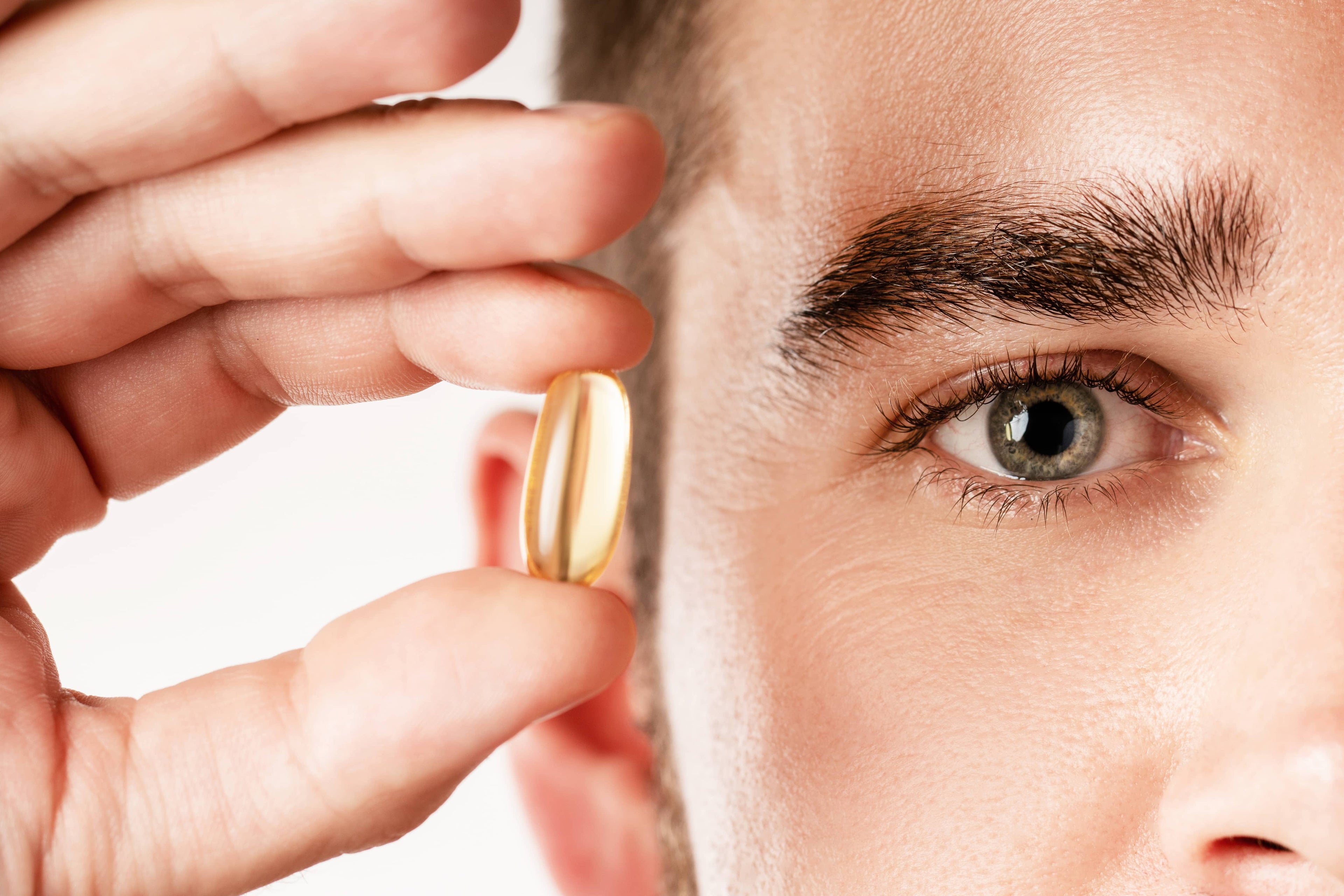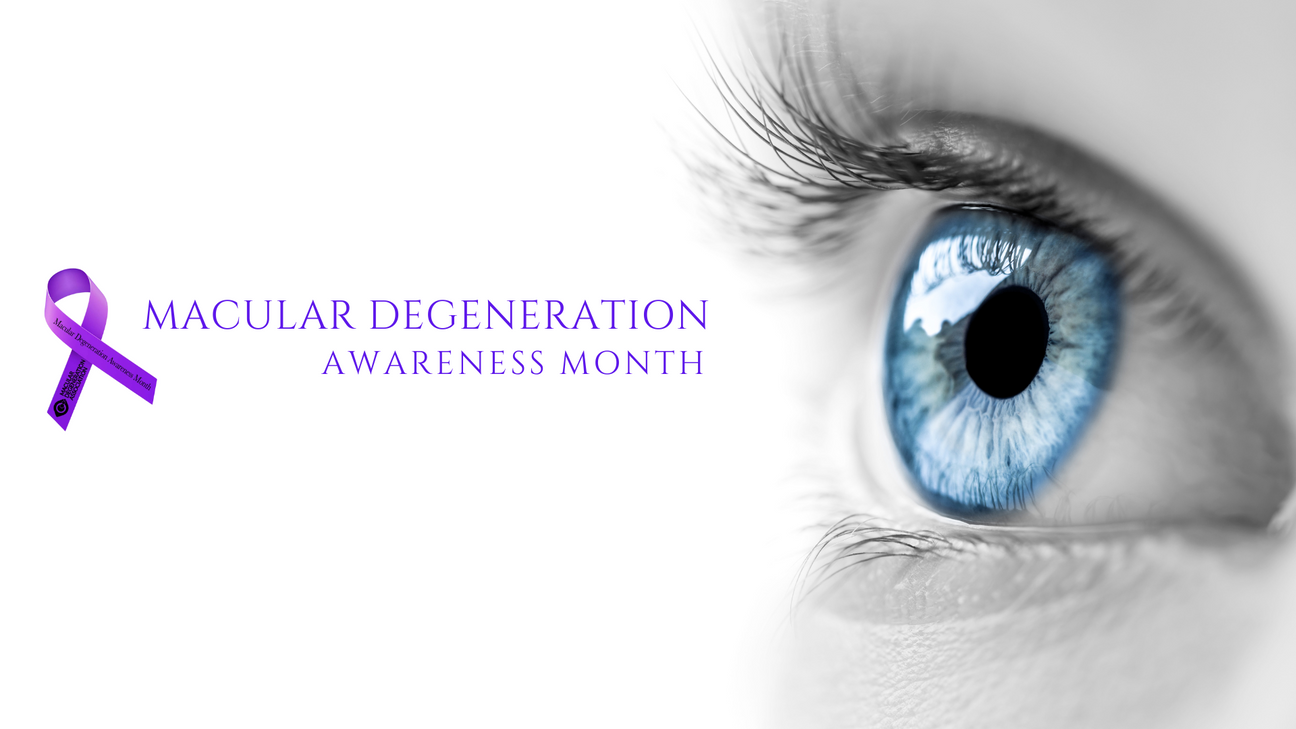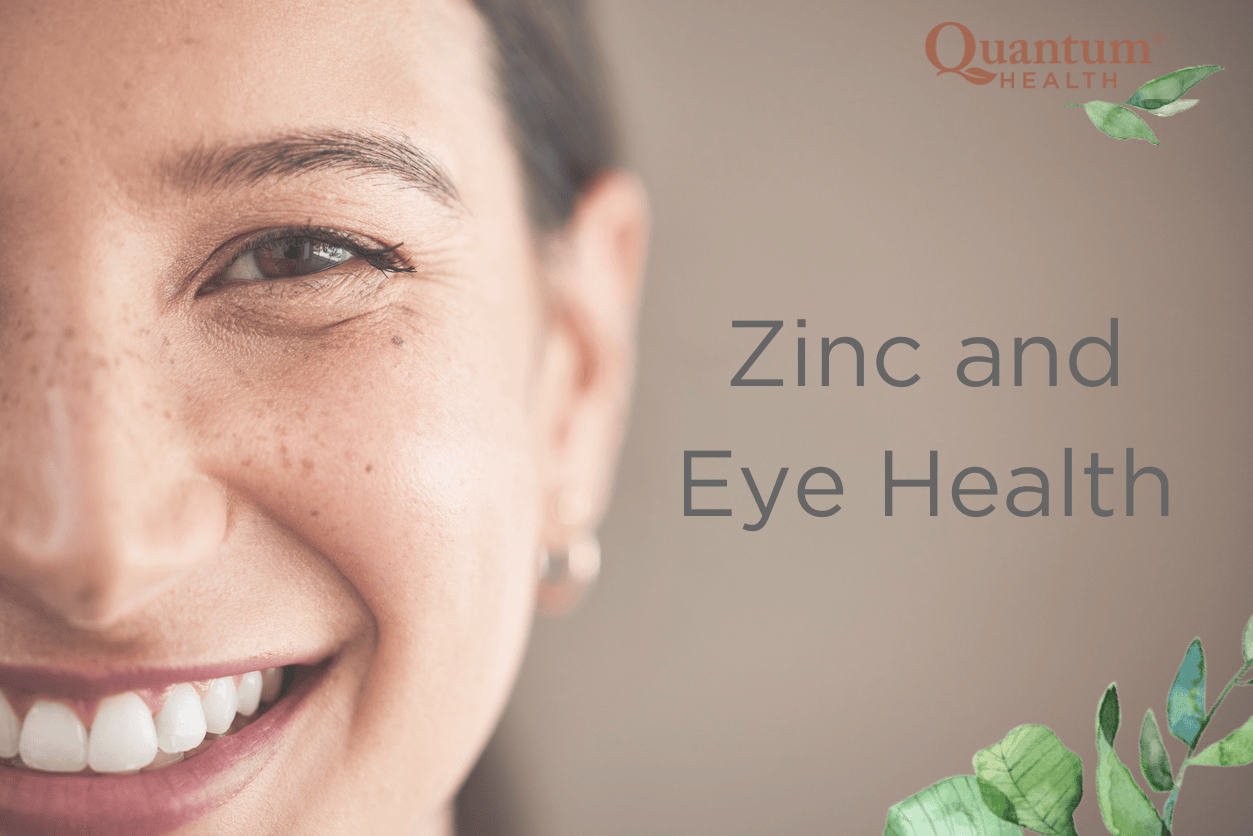What is the Role of Omega-3 in Eye Health?

Omega-3 fatty acids are critical for maintaining the health of your eyes. They help protect the eyes from dryness and inflammation and provide nutrients that support retinal function. This is hardly a secret, as numerous studies have shown that omega-3 supplementation can help to improve visual acuity and reduce the risk of age-related macular degeneration. Omega-3 fatty acids may also help reduce the odds of developing cataracts or glaucoma, making omega-3’s an important part of every diet. But what is the role of omega-3 in eye health?
What are Omega-3 Fatty Acids?
Omega-3 Fatty Acids come in 3 varieties known as eicosatetraenoic acid (EPA), docosahexaenoic acid (DHA), and alpha-linolenic acid (ALA). EPA and DHA are found in fatty fish and fish oils and are the Omega-3 Fatty Acids that benefit eye health the most. Oily fish like salmon, mackerel, and sardines are great for getting your recommended intake, but there are supplement options for those who don’t have easy access to these fish, simply don’t enjoy them, or need a little extra supplementation in their diet.
Omega 3 Fatty Acids Facilitates Healthy Aging
Omega-3 fatty acids are beneficial for overall health, and they become an important part of our diet as we age. These fatty acids help protect against chronic diseases while improving cognitive function and memory. Omega-3s can also help improve vision, reduce inflammation, and help maintain cognitive function. As we age, our bodies become less efficient at producing Omega 3 fatty acids. This is a real problem considering how important they are to maintaining eye health. Without them, your vision can suffer, and you may be at a higher risk of macular degeneration, cataracts, and other eye health issues. The relationship between omega-3 and eye health is well established.
Share
Your share can inspire countless others.



















































